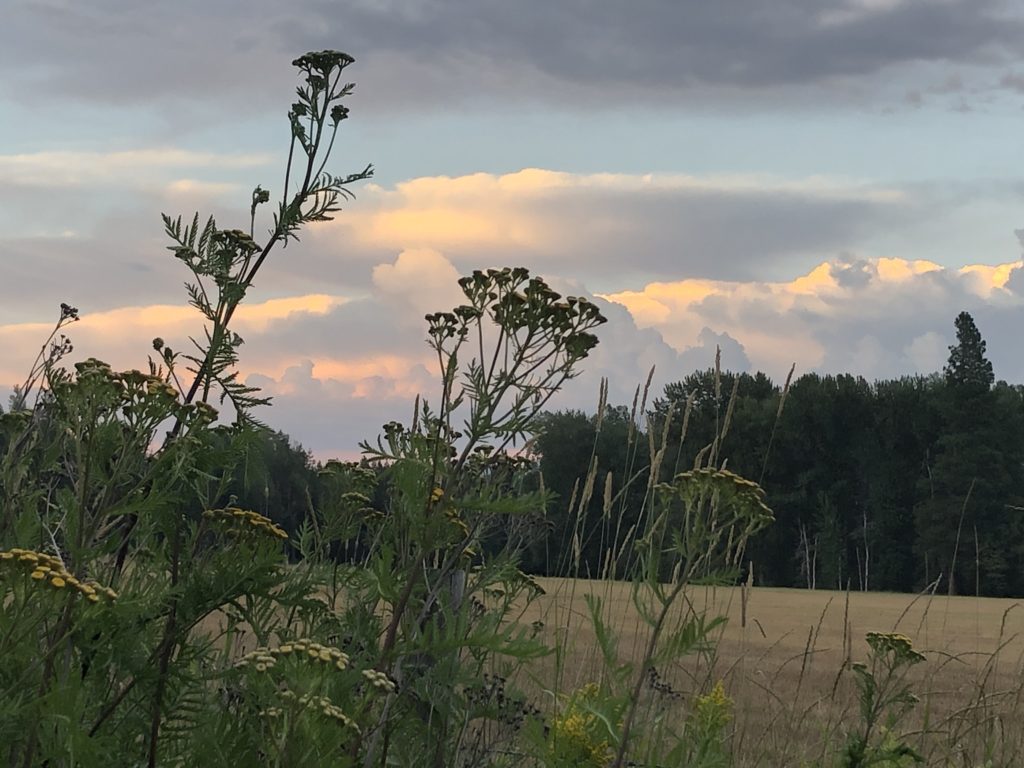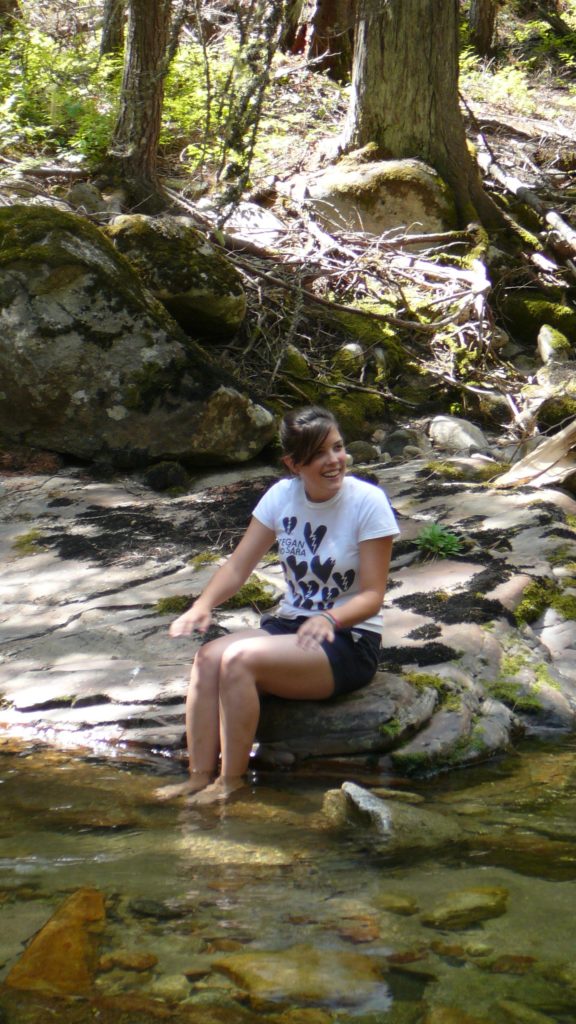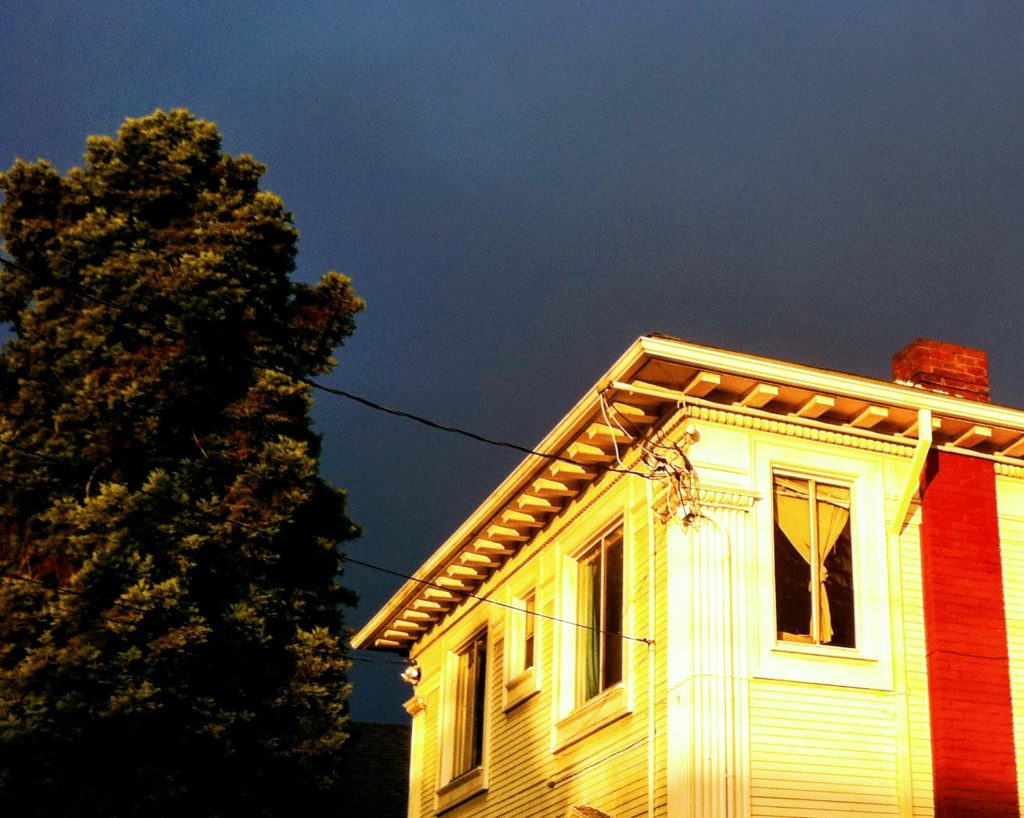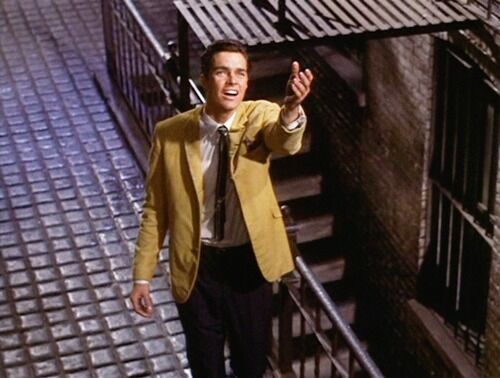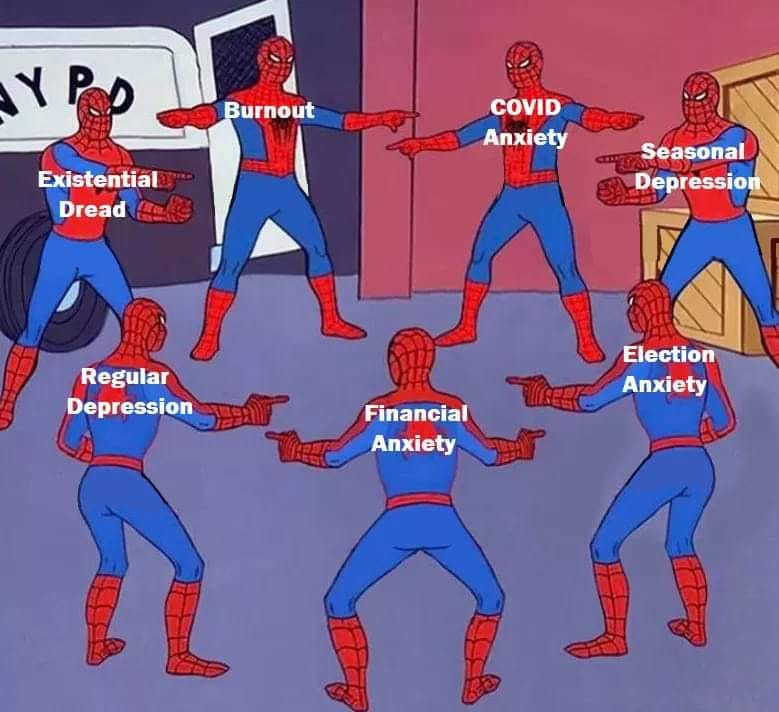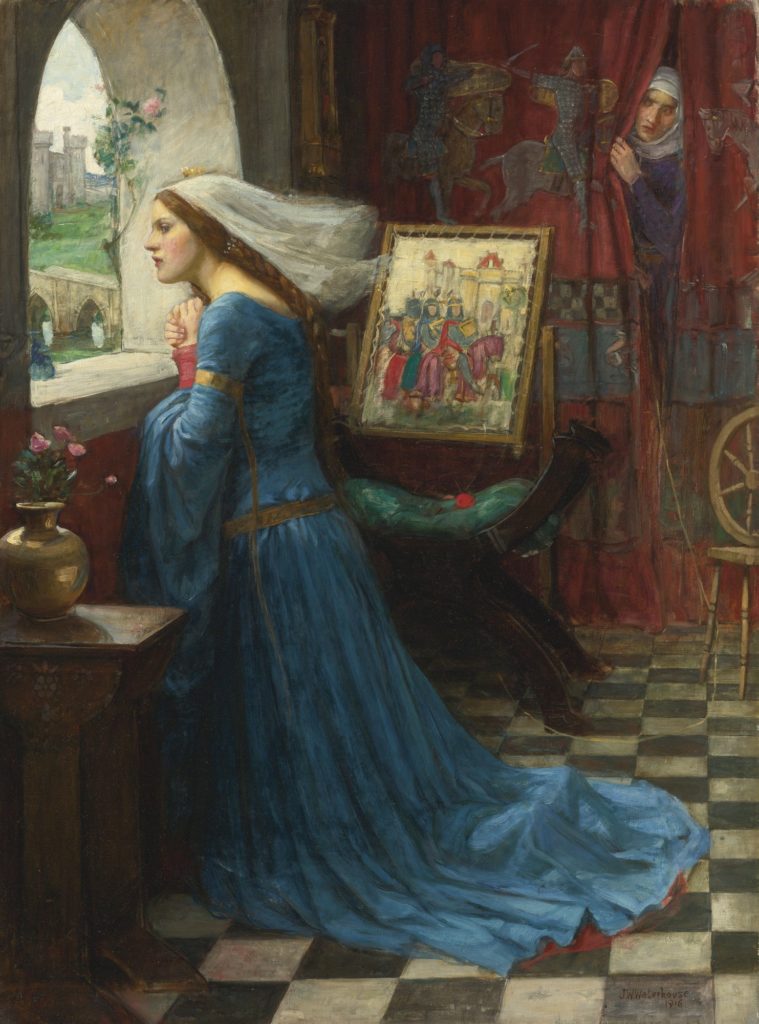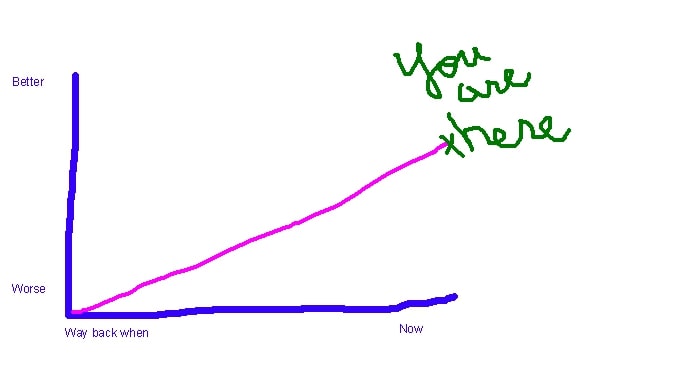When you move a lot, like I used to, life is a slide show. Next. Next. Places were little bursts of experience, flashing by for a moment, and then I was gone. I craved stasis. Ten years ago I wrote this:
“It’s the difference between staying for years so that you notice it’s time for the echium to bloom, then for the naked ladies to bloom, then for the birds to fly through, then for the kids to put on their shouting sidewalk car washes—and just passing through to see ‘it,’ as if there ever is a single experience to be had. In July Mendocino was green and purple, and in August it was golden and pink. How could I know a place in just one moment? It cannot present itself to you in fullness at once. But I’m drawn to conquering landscapes. I pull out the map—I want to see those place-names, and know what it’s like to be there or there. I want to mark it like a cartographer and catalog it.”
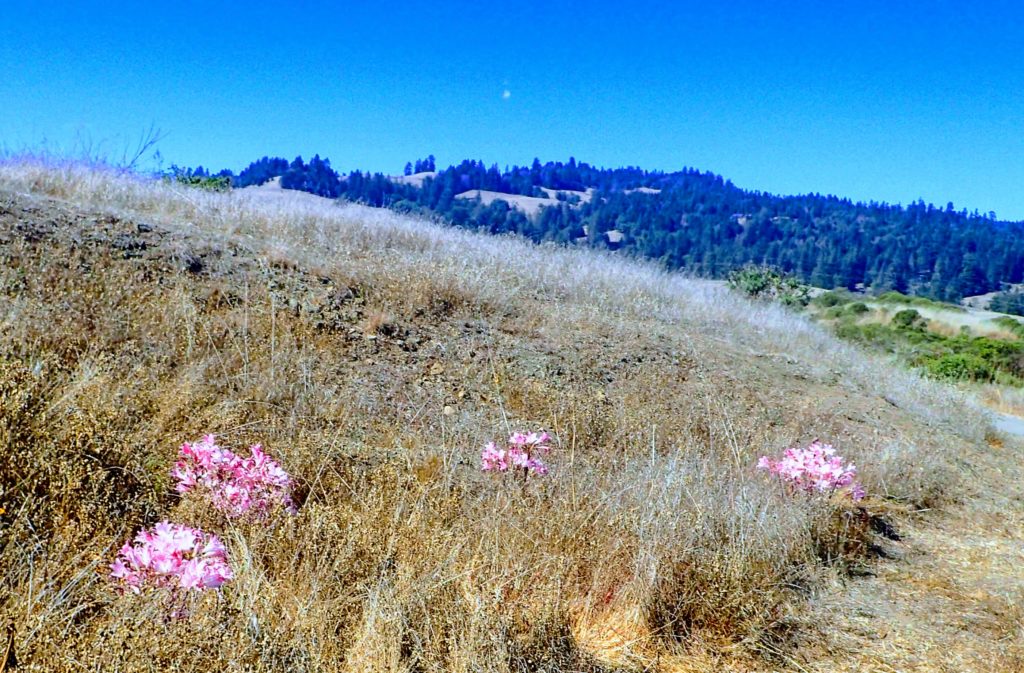
And that’s what I did for many years when I had the chance. That’s how I saw places, usually. I went once, and then never again. I filed the experience away in my catalog and had another.
But as I get older, I’m growing stationary. The pandemic has helped, if taking a person firmly by the shoulders and shoving them into their seat is “helping.”
Early in the pandemic, I took long walks every day for sanity and novelty. I wrote: “I love going to the same locations, but differently. I need to see the forest changing, which requires seeing the forest every day, but I also need to take side roads to see a new row of play tents in the front yard of quiet houses.” I couldn’t see the forest if I didn’t change the route. I had to be constantly surprised to be attentive enough to be surprised.
I grew in love with change. To grow in love with change, you have to stay put.
Sometimes it’s the last time. I didn’t know that the last time I said goodbye to my parents’ little backyard oasis that it was the last time altogether. But that last time was with him. Now we’re looking for our own little stand of trees.
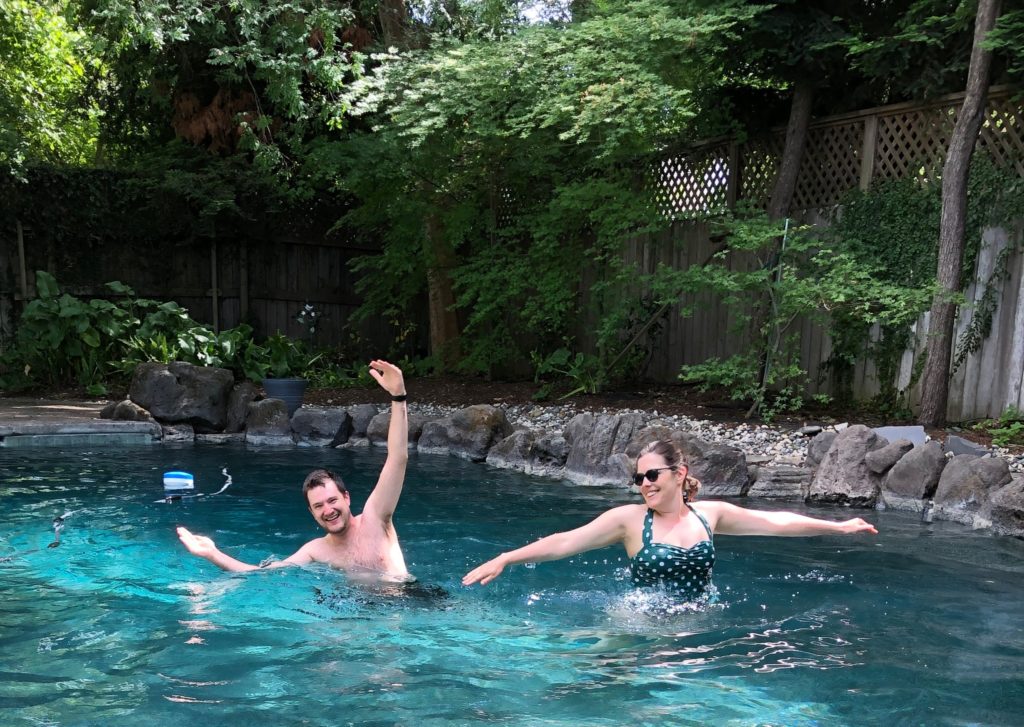

Rarely, it’s the last time and you know it. I high-fived the tansy out the car window on our last drive ever up that lane, when I knew it was goodbye. “Good game, chaps,” I said to them, after twenty years. “Good game.”
